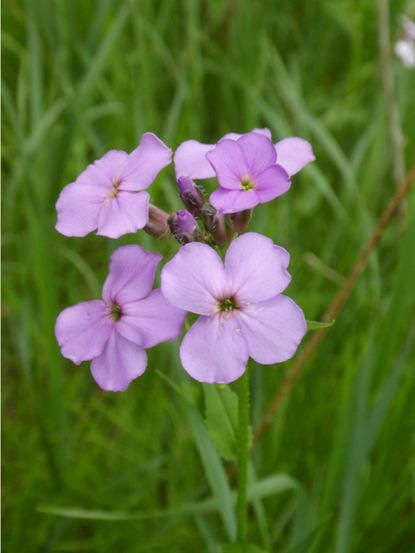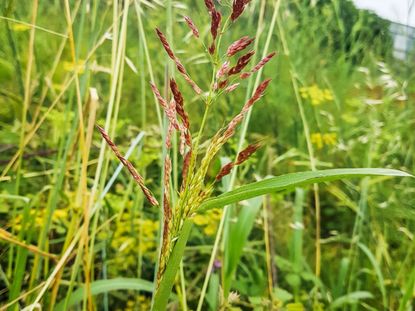Weeds
There are many types of garden weeds, making it difficult to know how to kill weeds, as not all methods work the same for all weed types. For this reason, we have attempted to make the task of weed control in lawns and gardens easier by providing tips on how to identify garden weeds. Once you know more about the common garden weeds found in the landscape, you’ll have a better idea on how to kill weeds that become bothersome. Whether it comes down to taking an organic approach or using a chemical method, our tips will alleviate future problems.
Weeds
-
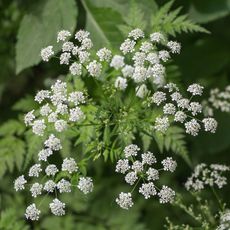
What Is Poison Hemlock: Where Does Poison Hemlock Grow And How To Control
Invasive poison hemlock is toxic in all of its parts. Its invasive nature makes it difficult to control, so wear gloves and protection.
By Jackie Carroll
-
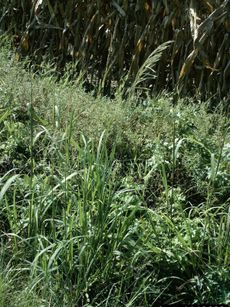
Bahiagrass Control - How To Eradicate Bahiagrass In Your Lawn
Controlling bahiagrass in lawns minimizes competition since bahiagrass tends to seed prolifically and spread into turf areas.
By Bonnie L. Grant
-
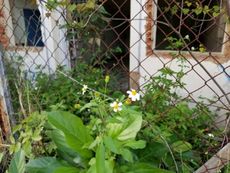
Spanish Needle Control and Tips On Managing Spanish Needle Weeds
Spanish needle is extremely aggressive and produces needle-like seeds that cling to everything they touch. If this sounds like a particular weed in your garden, the tips in this article can help with Spanish needle control.
By Mary H. Dyer
-
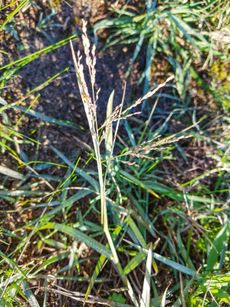
Torpedograss Weeds: Tips On Torpedograss Control
How to safely and naturally get rid of torpedograss presents a great challenge, but it can be done.
By Bonnie L. Grant
-
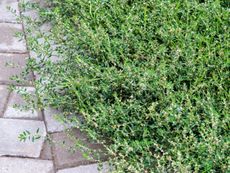
Controlling Prostrate Pigweed - Tips To Remove And Kill Prostrate Pigweed
To kill prostrate pigweed amend your sandy soil, put on your gloves, and start pulling them out by the roots.
By Heather Rhoades
-
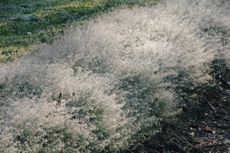
Managing Tumbleweeds – Learn About Russian Thistle Control Methods
If you view tumbling tumbleweed as an icon of the American West, you are not alone. Tumbleweed's real name is Russian thistle and it is very, very invasive. For information about Russian thistle weeds, including tips on how to get rid of Russian thistle, click here.
By Teo Spengler
-
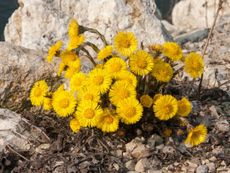
Coltsfoot Information: Learn About Coltsfoot Growing Conditions And Control
Once valued as medicine, Coltsfoot can invade your garden space. It's easier to eradicate than some, but it takes a bit of perseverance.
By Jackie Carroll
-
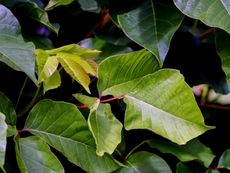
Poison Sumac Information and Learn About Poison Sumac Control
What is poison sumac? Learn to identify and manage this invasive carefully and effectively.
By Mary H. Dyer
-
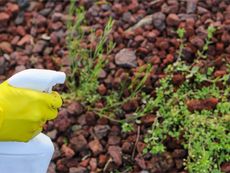
Ammonium Soap As An Herbicide
Ammonium soap can be used as an alternative herbicide for gardeners looking to tackle weeds. We'll tell you all about it.
By Bonnie L. Grant
-
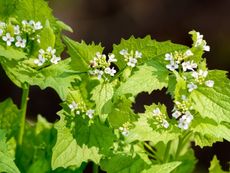
Killing Garlic Mustard & Learn About Garlic Mustard Management
Garlic mustard is a cool-season biennial herb that may occasionally garlic mustard can become weedy; therefore, it is important to become familiar with garlic mustard weed management. Learn more here.
By Susan Patterson
-
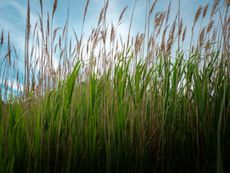
Reed Grass Control & Tips For Removing Common Reeds
While a small patch of reeds may be an attractive addition to the landscaping, they spread so quickly that they'll take over the lawn if you don't take steps to kill them off. Read here for tips on controlling reed grass.
By Anne Baley
-
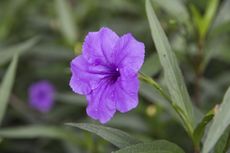
Is Ruellia Invasive: Tips On How To Get Rid Of Mexican Petunias
Pretty Mexican petunia, or Ruellia, has been designated as invasive in 9 states. Be sure to buy the right cultivars.
By Kristi Waterworth
-
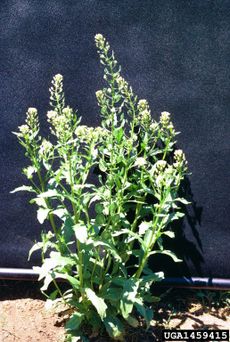
What Is Stinkweed. Learn How To Kill Stinkweed Plants
Stinkweed is a smelly lawn weed with an odor similar to rotten garlic with a hint of turnip. It can take over your yard if you don't start a management program early in the season.
By Jackie Carroll
-
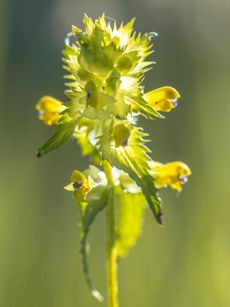
Tips For Managing Yellow Rattle Plants In The Landscape
Yellow rattle plant is an attractive wildflower that adds beauty to a naturalistic environment or a wildflower garden. However, the plant, also known as yellow rattle weed, spreads rapidly and can become highly invasive. Learn more here.
By Mary H. Dyer
-
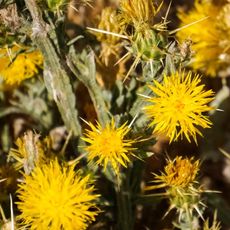
Yellow Starthistle: Identification & Control Methods
Yellow Starthistle is a noxious invasive weed that steals nutrients and moisture from other plants and is poisonous to horses.
By Susan Albert
-
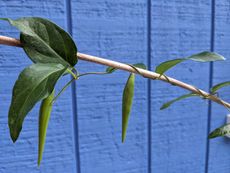
Invasive Black Swallow Wort: Control And ID
Black swallow-wort is invasive and harmful to ecosystems and monarchs. Learn how to identify and eradicate it!
By Mary Ellen Ellis
-
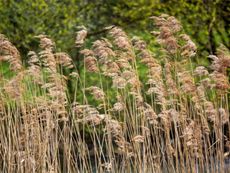
Phragmites: Native Vs. Invasive Varieties
Some phragmites, also known as common reeds, can be highly invasive. It’s good to know which ones to avoid and remove.
By Susan Albert
